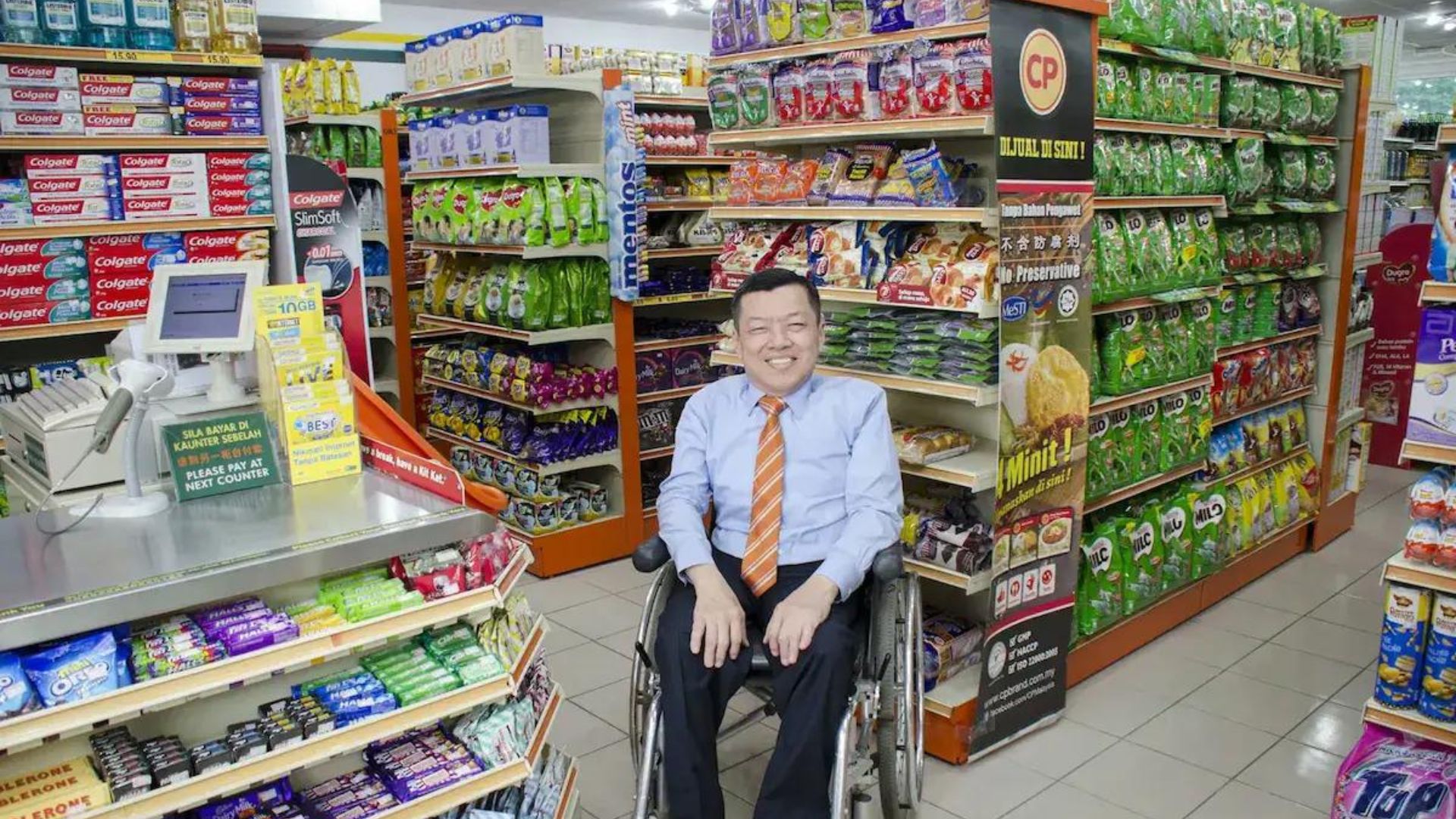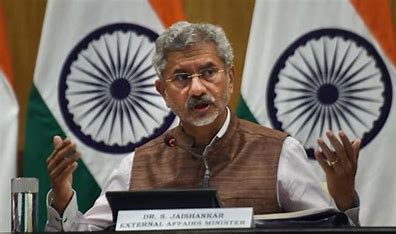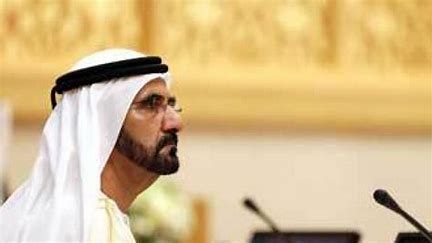
On Monday, 60-year-old entrepreneur Lee Thiam Wah, the founder and owner of 99 Speed Mart, reached a significant milestone in his career. His company’s much-awaited initial public offering (IPO) made headlines as the largest in Malaysia in the past seven years, elevating him to billionaire status, according to Fortune. What began as a simple roadside snack stall in Malaysia has grown into a retail giant with over 2,600 convenience stores across the country.
His business, 99 Speed Mart Retail Holdings Bhd, marked a victorious debut on the Kuala Lumpur stock exchange, securing $531 million, making it Malaysia’s largest IPO in seven years. The company’s stock surged up to 15% on its first trading day, which boosted Mr. Wah’s net worth to an impressive $2.8 billion, as per Forbes. The listing not only strengthened his standing as one of Malaysia’s richest individuals but also marked a pivotal moment for the nation’s capital markets.
“This comes at a critical time for both Malaysia’s IPO environment and Southeast Asia’s capital markets. It could enhance market sentiment and elevate Malaysia’s role in regional listings,” said Mohit Mirpuri, a senior partner and fund manager at Singapore-based SGMC Capital Pte Ltd.
Born in 1964 in Klang, Malaysia’s largest port, Lee was one of 11 children in a modest family. His father was a construction worker and his mother a hawker, and they could only afford to send him to school for six years. After contracting polio, Lee lost the use of his legs, which made finding work difficult. Refusing to give up, he started selling snacks from a roadside stall, saving enough to open his first grocery store in 1987, as reported by the South China Morning Post.
“I have to help myself. Nobody would hire me due to my physical limitation,” Mr. Wah told Forbes in 2010.
Through dedication and hard work, Lee built 99 Speed Mart into Malaysia’s largest mini-market chain, with nearly 2,600 stores. He also holds a significant stake in Alliance Bank Malaysia Bhd. and has invested in the Malaysian franchise of Burger King. Following the IPO, he plans to grow the store count to around 3,000 over the next three years, as outlined in the company’s prospectus.















